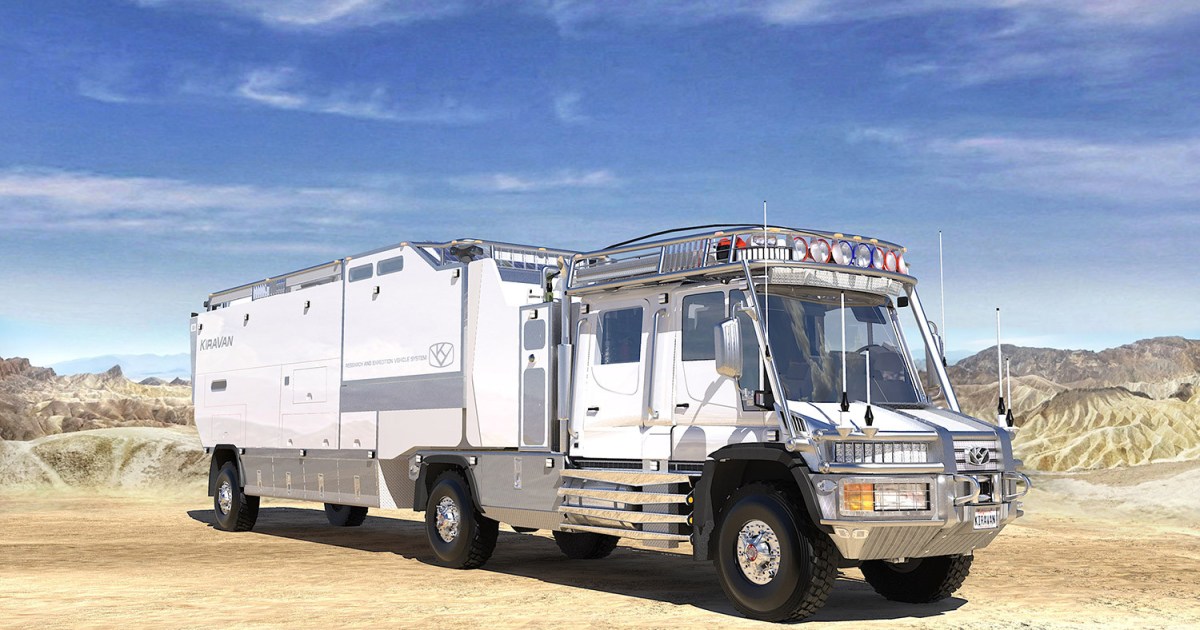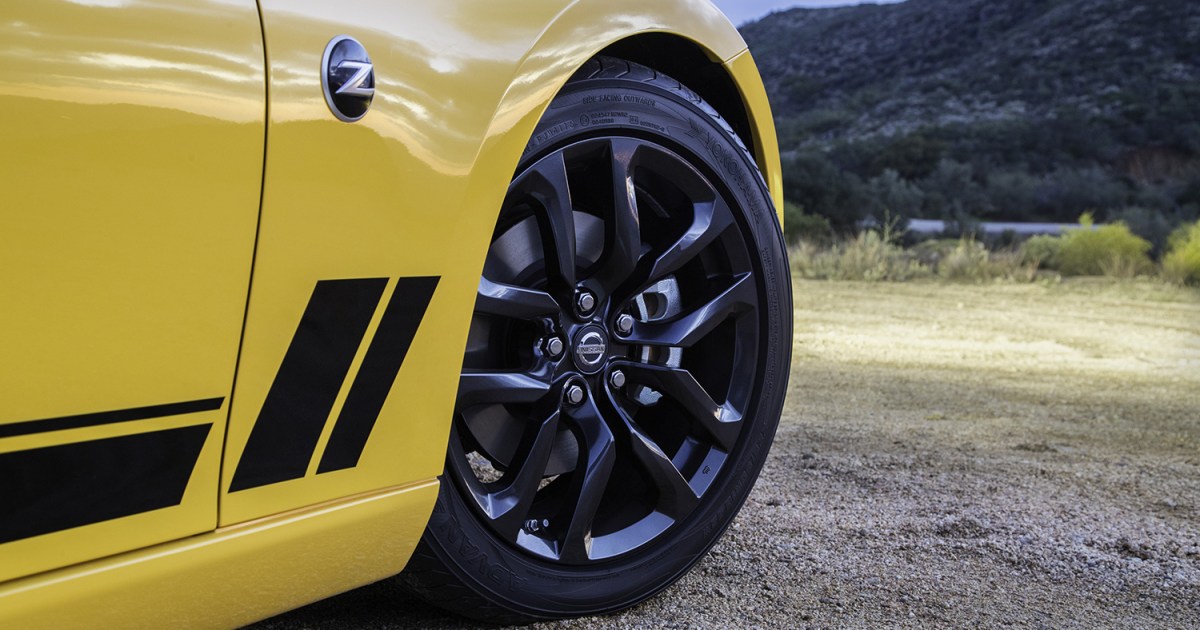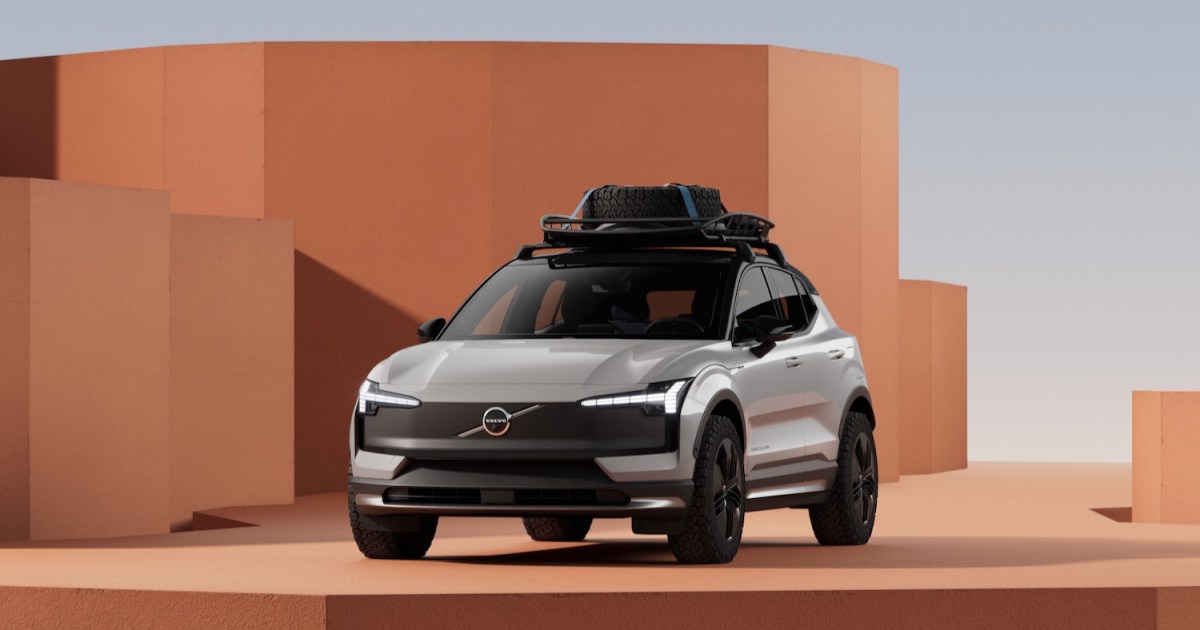Renting a campervan or RV opens up a world of travel possibilities, offering comfort and convenience for family adventures and road trips. But before you hit the open road, there’s more to consider than just picking a vehicle and packing your bags. This guide will walk you through the essential steps of how to rent a camper, ensuring a smooth and enjoyable journey.
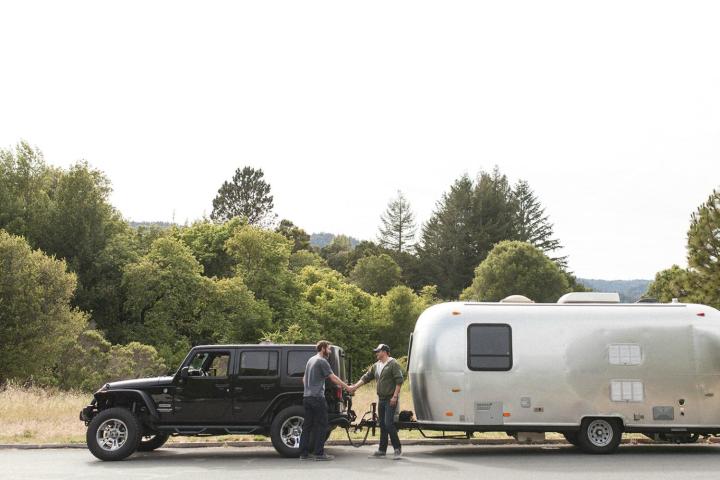 alt text: A family standing in front of a campervan, ready for their road trip adventure
alt text: A family standing in front of a campervan, ready for their road trip adventure
Choosing the Right Campervan
The first step is deciding on the right type of vehicle. Are you envisioning a compact campervan or a spacious RV? If you don’t own a pickup truck for towing a camper trailer, an all-in-one motorhome is likely the best option, streamlining the rental process and avoiding extra vehicle costs. This guide focuses on renting these self-contained campers.
Trip Length and Destination
The duration and destination of your trip heavily influence your camper choice. A weekend getaway calls for a different vehicle than a cross-country expedition. For extended trips, prioritize comfort and space over cost to avoid cramped quarters and potential regrets. Consider the terrain and accessibility of your destination as well.
Planning Ahead for a Seamless Rental
If you’re picking up the camper locally, pre-rental inspection is easy. However, if your trip involves flying to your rental location, thorough planning is crucial. Ask detailed questions about the camper’s features and condition before committing to the rental, as you won’t have the opportunity for a pre-rental inspection.
Timing Your Rental for the Best Deals
Camper rental prices fluctuate throughout the year, peaking during summer and school holidays. For budget-conscious travelers, consider traveling during the off-season or mid-week to potentially secure lower rates and better availability.
Protecting Your Trip Investment
Review the rental company’s cancellation policy carefully. While many offer flexible cancellation options, some may have stricter terms. Consider trip protection insurance, either through the rental company or your credit card, to safeguard against unforeseen circumstances.
Ensuring Adequate Insurance Coverage
Insurance is essential for camper rentals, just like rental cars. However, due to the higher value of campers and RVs, insurance costs can be significant. Some rental companies include insurance in their rates, while others offer it as an add-on. If your auto insurance doesn’t cover rentals, arrange coverage through the rental company or a third-party provider before driving the vehicle.
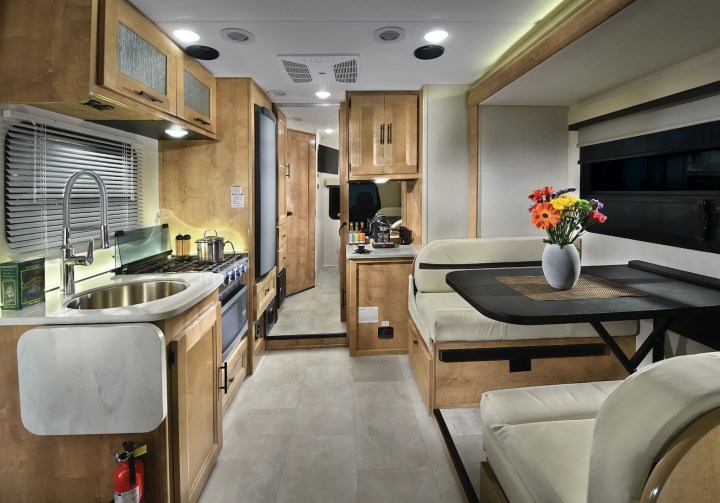 alt text: A close-up of a campervan's interior, showcasing its bed and living space.
alt text: A close-up of a campervan's interior, showcasing its bed and living space.
Camper Size and Capacity
Consider the number of travelers and their comfort needs. Don’t sacrifice space for cost savings. Pay close attention to sleeping arrangements; “beds” can sometimes mean convertible sofas or floor mats. Factor in bathroom and shower facilities, especially for extended camping trips.
Understanding Campervan Classifications
Rental companies offer various campervan classes. Class C motorhomes are the most common and don’t require special licenses to operate. Larger Class A motorhomes, resembling semi-trucks, require specific licenses and driving experience. Research licensing requirements early if you need a Class A vehicle.
Considering Extra Amenities and Add-ons
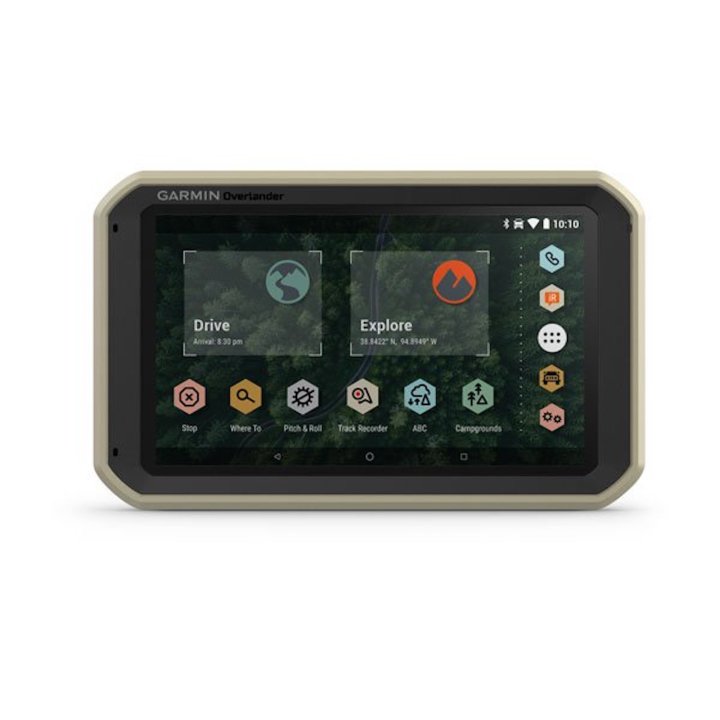 alt text: A GPS navigation device displaying a map route, helpful for campervan road trips.
alt text: A GPS navigation device displaying a map route, helpful for campervan road trips.
Similar to car rentals, campervan companies offer add-ons like cleaning kits, extra insurance, and pre-paid fuel. These extras can be convenient, especially if you’re flying in to pick up your rental. Factor these costs into your budget.
Finding the Perfect Campervan Rental
By addressing these key considerations and comparing rates and availability from different rental companies, you’ll be well-equipped to choose the perfect campervan for your next adventure. Careful planning and preparation will ensure a smooth, enjoyable, and memorable road trip experience.



